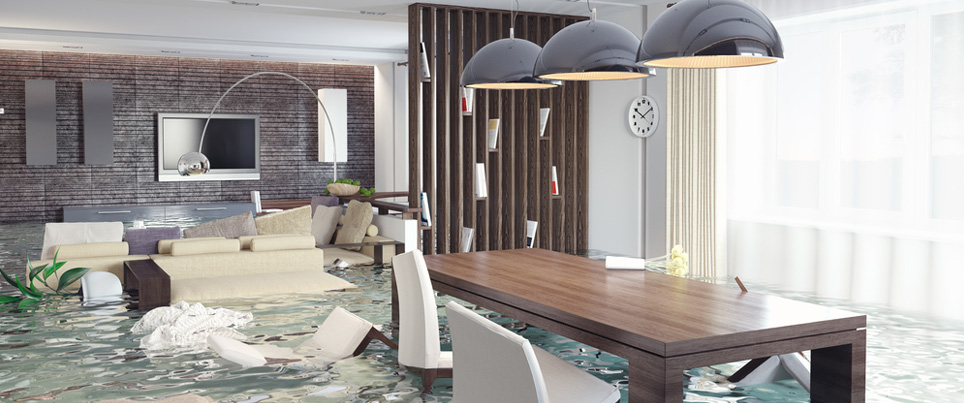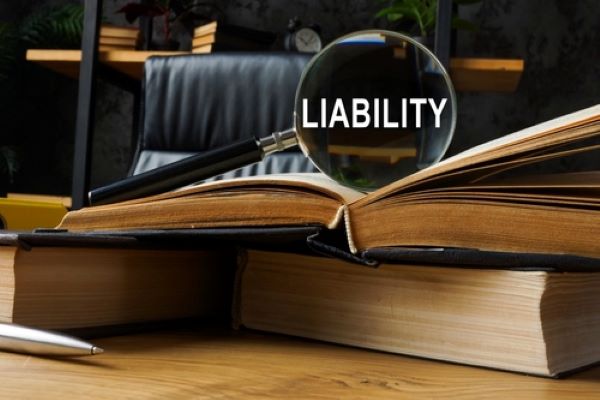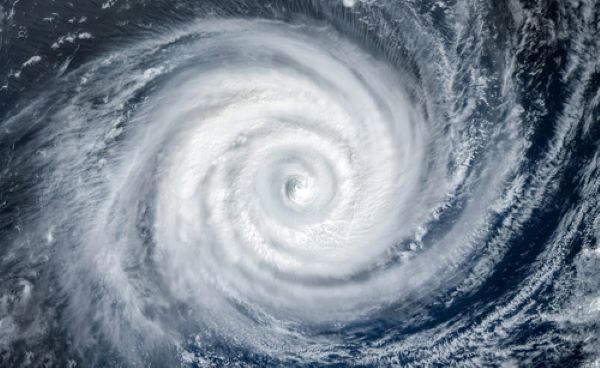 |
| By | September 16, 2024 |
Water damage can be a homeowner’s worst nightmare. Whether it’s a leaky roof, a burst pipe, or a flood, water has the potential to cause significant damage to your home and belongings. Preventing water damage helps maintain the integrity of your home, and one of the most effective ways to protect your investment is through homeowners insurance. The Common Culprits Behind Water Damage Water damage can originate from various sources, such as the following: Proactive Measures for Preventing Water Damage Taking proactive steps to prevent water damage is the first line of defense. Here are some tips to help combat water from seeping in where it shouldn’t: Regular Roof Inspections Your roof is your home’s first defense against water damage. Conduct regular inspections to identify and repair any damaged or missing shingles, and check the flashing around chimneys, vents, and skylights for cracks or gaps. Maintain Gutters and Downspouts Clogged gutters can cause water to overflow and seep into your home’s foundation. Clean your gutters regularly and check that your downspouts properly direct water away from your home. Install a Sump Pump A sump pump is an important device for homes with basements to have. It helps prevent flooding by…

- Preventing Water Damage: Focus on routine maintenance and smart upgrades to avoid costly repairs.
- Insurance Coverage Essentials: Clarifies what water damage is typically covered under homeowners insurance.
- Optimizing Insurance Claims: Tips on documenting damage, filing claims, and reducing premiums through preventive actions.
Water damage can be a homeowner’s worst nightmare. Whether it’s a leaky roof, a burst pipe, or a flood, water has the potential to cause significant damage to your home and belongings. Preventing water damage helps maintain the integrity of your home, and one of the most effective ways to protect your investment is through homeowners insurance.
The Common Culprits Behind Water Damage
Water damage can originate from various sources, such as the following:
- Leaky Roofs: Often the reason for water damage, particularly following intense rain. Damaged shingles, cracked flashing, or improper installation can lead to leaks.
- Burst Pipes: Pipes can burst due to wear and tear or poor installation, resulting in significant water damage.
- Appliance Malfunctions: Washing machines, dishwashers, and water heaters can malfunction, causing water to leak into your home.
- Poor Drainage: Improper drainage systems can lead to water pooling around your home’s foundation and seeping into basements or crawl spaces.
Proactive Measures for Preventing Water Damage
Taking proactive steps to prevent water damage is the first line of defense. Here are some tips to help combat water from seeping in where it shouldn’t:
Regular Roof Inspections
Your roof is your home’s first defense against water damage. Conduct regular inspections to identify and repair any damaged or missing shingles, and check the flashing around chimneys, vents, and skylights for cracks or gaps.
Maintain Gutters and Downspouts
Clogged gutters can cause water to overflow and seep into your home’s foundation. Clean your gutters regularly and check that your downspouts properly direct water away from your home.
Install a Sump Pump
A sump pump is an important device for homes with basements to have. It helps prevent flooding by pumping out water that collects in a sump basin, usually in the basement. Regularly test your sump pump to make sure it’s functioning correctly.
Check Appliances
Inspect appliances like washing machines, dishwashers, and water heaters for signs of leaks or wear on a regular basis. Replace old hoses and maintain these appliances to prevent malfunctions that could lead to water damage.
Improve Drainage
Your home’s exterior drainage system needs to be adequate. Grade the soil around your home so that water flows away from the foundation, reducing the risk of water seeping into your basement or crawl space.
Seal Windows and Doors
Check the seals around windows and doors so that they are watertight. Replace weather stripping and caulk as needed to prevent water from entering your home during heavy rain.
Install a Water Shut Off Valve
More and more insurance carriers are requiring water shut off valves. Even if they do not require it, this is a relatively small investment that can save your home from devastating water damage.
The Role of Homeowners Insurance in Preventing Water Damage
While taking preventative measures is a great step, no home is entirely immune to water damage. This is where homeowners insurance makes all the difference. Homeowners insurance offers financial protection by covering the cost of repairs and replacement in the event of water damage, but it’s important to understand the specifics of what is covered:
Coverage for Sudden and Accidental Water Damage
Most standard homeowners insurance policies cover water damage that is sudden and accidental. This includes situations like:
- Burst Pipes: If a pipe bursts unexpectedly, causing water damage, your insurance policy will typically cover the cost of repairs and any damaged belongings.
- Leaking Appliances: If your washing machine suddenly leaks and causes damage to your floors, homeowners insurance will usually cover the damage.
- Roof Leaks: If a storm damages your roof, leading to water intrusion, your policy may cover the repairs to your roof and any resulting interior damage.
It’s important to note that homeowners insurance typically covers the resulting damage from these incidents, not the repair of the faulty item itself. For instance, if your water heater bursts and damages your floor, the floor repair would be covered, but replacing the water heater might not be.
Exclusions to Water Damage Coverage
While homeowners insurance covers many types of water damage, there are some exclusions you should be aware of:
- Flooding: Standard homeowners insurance policies do not cover flood damage. For flood protection, you’ll need to purchase a separate flood insurance policy through the National Flood Insurance Program (NFIP) or a private insurer.
- Sewer Backup: Sewer backups are typically not covered under standard homeowners insurance. However, many insurers offer optional coverage for sewer and drain backups.
- Gradual Damage: Water damage that occurs gradually over time, such as a slow leak from a faucet that causes mold or rot, is generally not covered. Insurance companies expect homeowners to perform regular maintenance to prevent such issues.
Preventative Measures and Insurance Discounts
Taking steps to prevent water damage can also lead to discounts on your homeowners insurance. Some insurers offer lower premiums or discounts if you install preventative devices like:
- Water Leak Detection Systems: These systems can detect leaks early and automatically shut off your water supply to prevent further damage.
- Sump Pumps with Battery Backup: Installing a sump pump with a battery backup can prevent basement flooding, even during a power outage.
- Upgraded Plumbing: Replacing old plumbing with modern, durable materials can reduce the risk of leaks and may qualify you for a discount on your insurance premium.
Filing a Water Damage Claim
If you experience water damage in your home, it’s best to act quickly to minimize the damage and ensure a smooth claims process. Start by documenting the damage. Take photos and videos of the water damage before you begin any cleanup. This documentation will be needed when filing your claim.
Once you’ve documented the damage, take steps to prevent further damage. This might include turning off the water supply, placing buckets under leaks, or moving belongings to a dry area. Your insurance company may not cover additional damage if you fail to act quickly.
Notify your agent first before you start the claim process. Water claims can be a big challenge to navigate and your agent can be a great firs step. . Provide them with all the necessary documentation and be prepared to discuss the extent of the damage and any steps you’ve taken to mitigate it. Finally, have an insurance adjuster visit your home to assess the damage. Be sure to provide them with any documentation and be clear and concise about the damage that has occurred. It’s also a good idea to keep receipts for any temporary repairs you’ve made.
At Cell Brokerage, we provide personal insurance to keep your property safe, and that includes homeowners insurance. Contact us to get coverage today!









